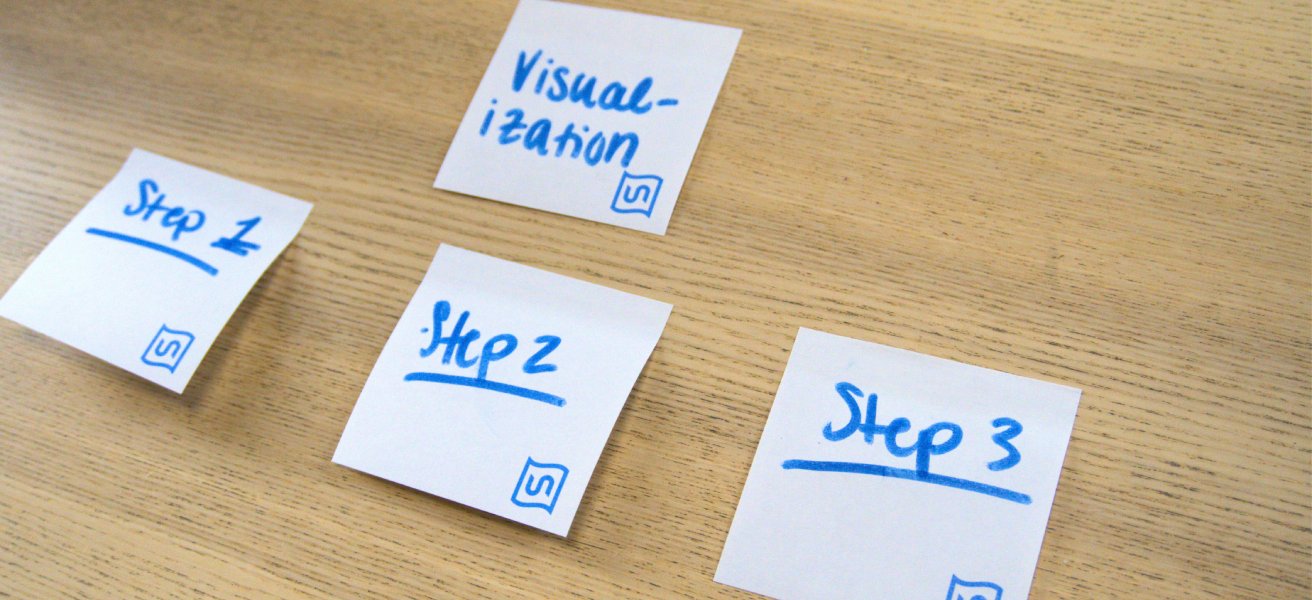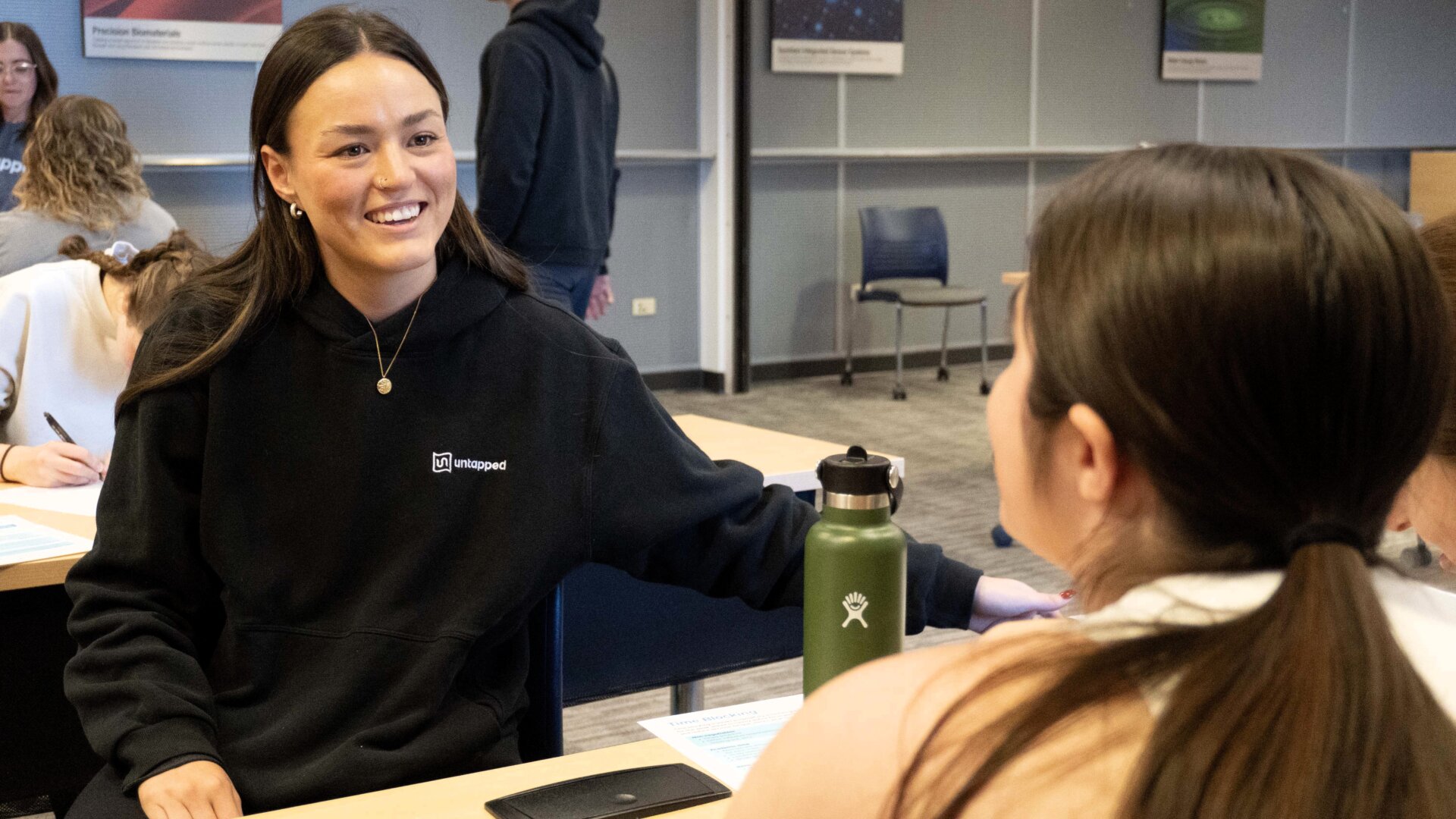Summer is an exciting prospect as we look forward to time with friends, family vacations, warm weather, and barbecues. But summer also comes along with anxiety around figuring out how to handle unstructured time now that school is out. Your first instinct may be to pack your student’s time with camps and programs. While this is a great way to fill time and have fun, they likely last only a week or two, which leaves us with many more weeks of unstructured time.
Unstructured time can be daunting as boredom sets in, and we run out of ideas to mitigate it. Although summer is an important time for students to relax and take a little bit of a break from rigorous schoolwork, it is equally as important to stay motivated and active. Learning ways to fill time with exercises of reading, research, and movement will help keep your summer more full, less boring, and more active.
Unstructured time can also be positive, as it teaches a student independence and how to effectively fill their own time with activities they enjoy. This kind of space and time fosters curiosity, creativity and self reflection, which can lead to the student coming up with activities and meaningful ways to fill their time. But they might need some help.
Filling this time might look like helping your student figure out what they enjoy doing in their free time with specific goals in mind. Try having them make a list of two books they would like to read, set a fitness goal, or consider a DIY project like building a table that they would like to complete by the end of summer. When your student sets these goals for themselves, they’ll fill their time with more meaningful activities, which will in turn make it easier for them to stay motivated.

This independence and autonomy in goal setting will also relieve some pressure and stress for both parents and students! Encouraging your student to think about structuring time for projects and goals over the summer helps to reinforce their own management skills and can foster motivation, which will help them in the upcoming school year. In achieving these goals, your student will have a greater sense of pride and accomplishment, improving their self esteem and thus academic performance in the fall. You can help them structure their time by creating a timeline with them, and making sure that they are reminded of these summer projects when they mutter, “I am soooo bored.”
While summer is a great time to take a break from schoolwork, it is also important to keep our minds sharp and look forward to the upcoming school year. If your student needs help with math or writing, Untapped is offering summer programs to help pre-teach curriculum that students will encounter in the upcoming school year. This summer, we’ll also focus on reviewing content covered during the remote learning period.
While there is no sure way to steer clear of boredom and unstructured time the entire summer, setting up some specific goals, projects, and activities can help. It is important to maintain routines and keep your brain sharp over summer. Because students with executive function challenges already combat upkeep of routines and organization, it’s helpful to maintain some structure by having small goals throughout the summer — this way, jumping back into the fall semester (and school mindset) will be much more smooth!

Parenting a child who struggles with executive function can be overwhelming, but you don’t have to navigate this journey alone. Let Untapped help!





